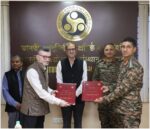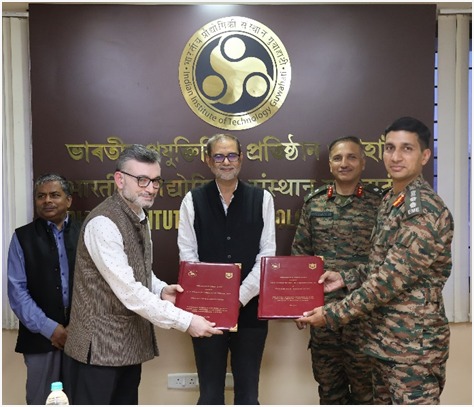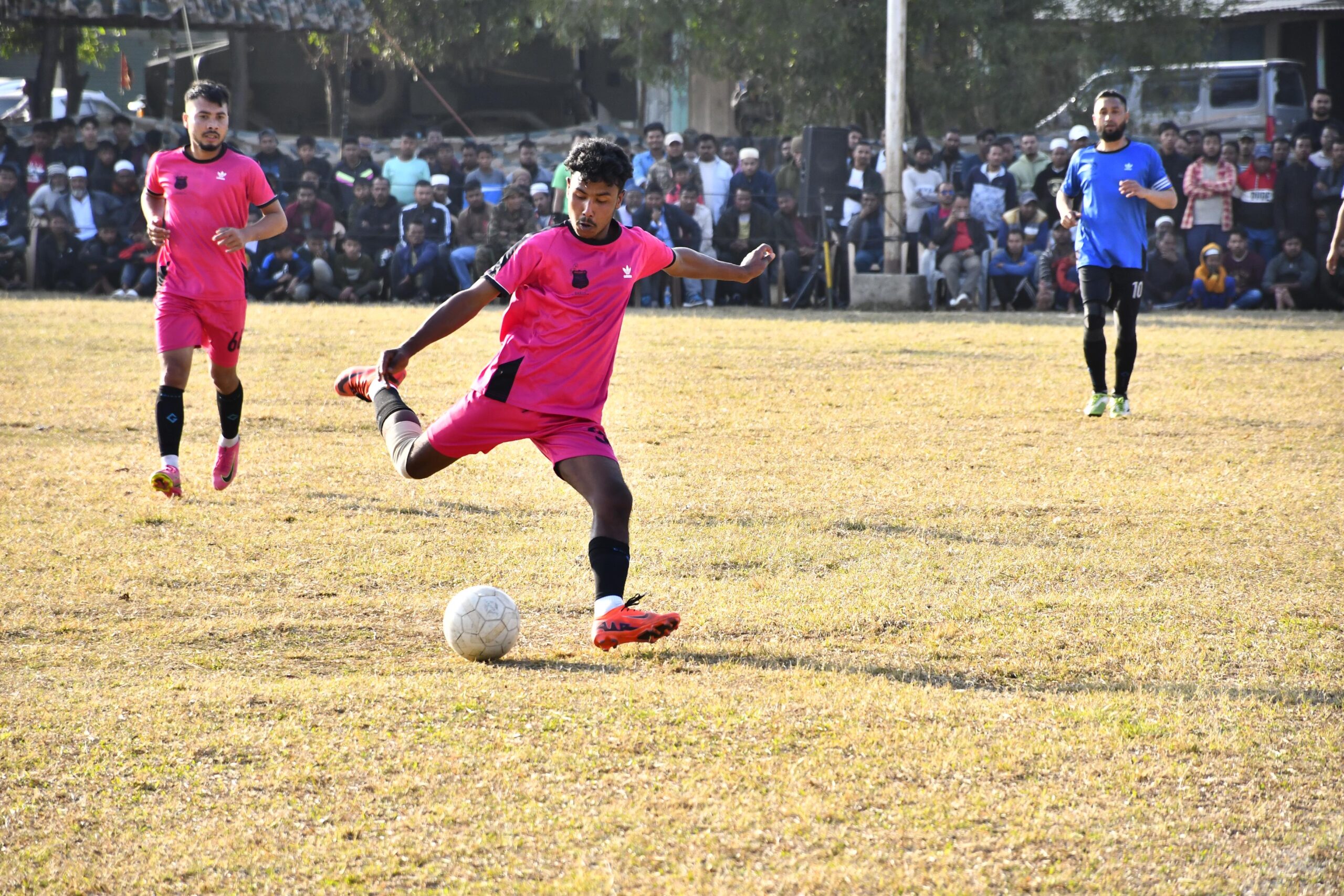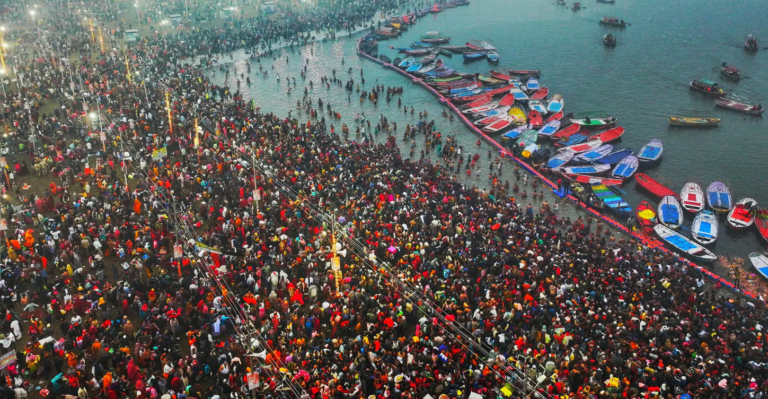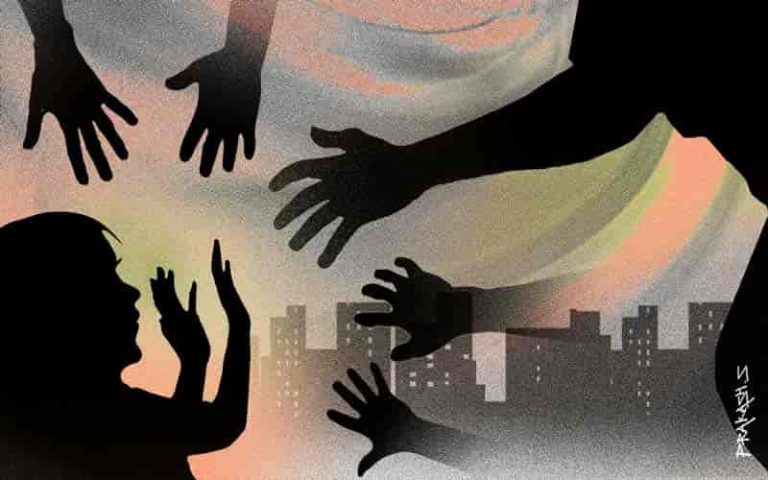Myanmar’s military staged a coup on Monday, detaining de facto leader Aung San Suu Kyi and declaring it had taken control of the country for one year under a state of emergency.
The intervention came after weeks of rising tensions between the military, which ruled the country for nearly five decades, and the civilian government over allegations of fraud in November’s elections.
The military last week signalled it could seize power to settle its claims of irregularities in the polls, which Suu Kyi’s National League for Democracy (NLD) party won easily.
Suu Kyi and President Win Myint were detained in the capital Naypyidaw before dawn on Monday, NLD spokesman Myo Nyunt told AFP, just hours before parliament was meant to resume for the first time since the elections.
“We heard they were taken by the military… With the situation we see happening now, we have to assume that the military is staging a coup,” he said.
The military then declared, via its own television channel, a one-year state of emergency.
In Yangon, the former capital that remains Myanmar’s commercial hub, troops seized the city hall, according to an AFP journalist.
Elsewhere, the chief minister of Karen state and several other regional ministers were also held, according to party sources, on the very day when the new parliament was to hold its first session.
The developments triggered a quick response from the United States and Australia, with both calling for the release of detained NLD leaders and the restoration of democracy.
“The United States opposes any attempt to alter the outcome of recent elections or impede Myanmar’s democratic transition, and will take action against those responsible if these steps are not reversed,” White House spokeswoman Jen Psaki said in a statement.
Australia said the military was “once again seeking to seize control” of the country.
“We call on the military to respect the rule of law, to resolve disputes through lawful mechanisms and to release immediately all civilian leaders and others who have been detained unlawfully,” Australian Foreign Minister Marise Payne said.
Communications Restricted
In the hours after the arrests, communications networks in Myanmar were restricted, with several mobile phone networks down.



